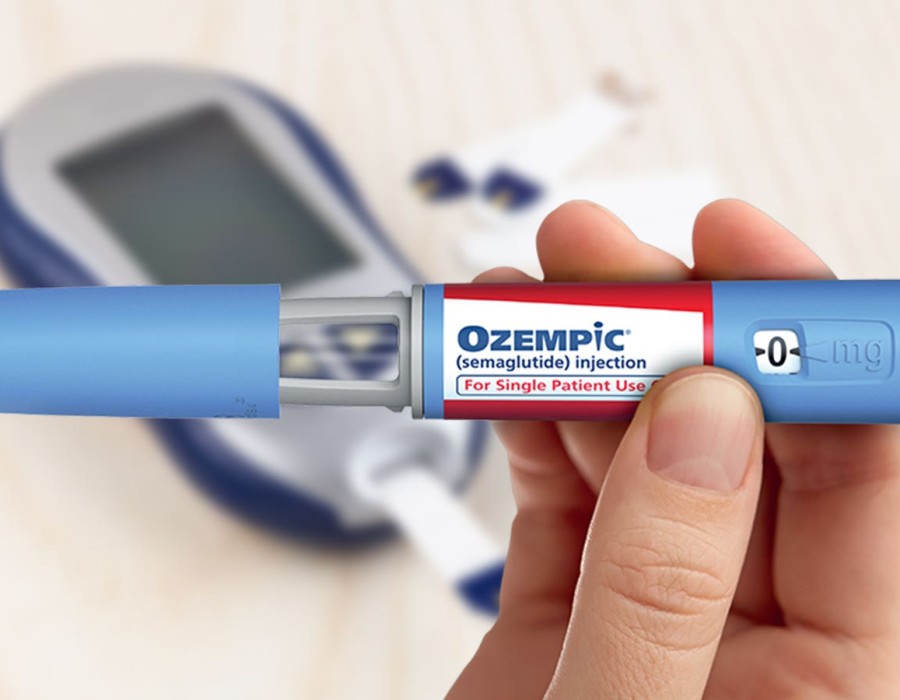Ozempic is an injectable medication that has gained significant attention for its role in managing type 2 diabetes and aiding weight loss. This comprehensive guide will delve into the key aspects of Ozempic, including its mechanism of action, benefits, side effects, and essential information for potential users, including those considering options like the Ozempic Injection in Dubai
What is Ozempic?
Ozempic is a brand name for semaglutide, a medication classified as a glucagon-like peptide-1 (GLP-1) receptor agonist. It is primarily prescribed to help manage blood sugar levels in adults with type 2 diabetes. By mimicking the action of the GLP-1 hormone, Ozempic stimulates insulin secretion, reduces glucagon release, and slows gastric emptying, contributing to better glycemic control.
How Does Ozempic Work?
Ozempic works through several mechanisms:
Enhancing Insulin Secretion
When blood sugar levels rise after eating, Ozempic prompts the pancreas to release insulin. This insulin helps lower blood glucose levels, making it easier for the body to utilize sugar from the bloodstream.
Reducing Glucagon Levels
Glucagon is a hormone that raises blood sugar levels. Ozempic suppresses glucagon secretion, leading to decreased glucose production by the liver, further helping to stabilize blood sugar levels.
Slowing Gastric Emptying
By slowing the rate at which food leaves the stomach, Ozempic promotes a feeling of fullness. This can help reduce overall food intake, making it an effective option for weight management.
Benefits of Ozempic
Ozempic offers a range of benefits beyond just blood sugar control:
Weight Loss
Many individuals using Ozempic experience significant weight loss. This effect is particularly beneficial for those who are overweight or obese, as losing even a small percentage of body weight can lead to improved health outcomes.
Cardiovascular Health
Clinical studies have shown that Ozempic can reduce the risk of major cardiovascular events, such as heart attack and stroke, in patients with type 2 diabetes and established cardiovascular disease.
Convenience
Ozempic is administered once a week via injection, which can be more convenient for patients compared to daily medications. This once-weekly dosing can enhance adherence to the treatment plan.
Who Should Use Ozempic?
Ozempic is primarily indicated for adults with type 2 diabetes, especially those who:
- Have not achieved adequate glycemic control with diet and exercise alone
- Are at risk for cardiovascular disease
- Are seeking weight loss in conjunction with diabetes management
It is not recommended for individuals with a personal or family history of medullary thyroid carcinoma or multiple endocrine neoplasia syndrome type 2.
How to Use Ozempic
Ozempic is administered via subcutaneous injection. Here are some important points regarding its use:
Injection Sites
Ozempic can be injected into the abdomen, thigh, or upper arm. It is essential to rotate injection sites to minimize the risk of lipodystrophy (abnormal fat distribution).
Dosage
The initial dose of Ozempic is typically 0.25 mg once a week for four weeks. After this period, the dose is usually increased to 0.5 mg once a week, and it may be adjusted further based on individual response and tolerability.
Storage
Ozempic should be stored in a refrigerator but can be kept at room temperature for up to 56 days after first use. It is important to protect it from light and not freeze it.
Potential Side Effects
While Ozempic is generally well-tolerated, some individuals may experience side effects, including:
Gastrointestinal Issues
Common side effects include nausea, vomiting, diarrhea, and constipation. These symptoms are usually mild to moderate and tend to decrease over time.
Injection Site Reactions
Some users may experience redness, itching, or swelling at the injection site. Rotating injection sites can help minimize these reactions.
Risk of Hypoglycemia
While Ozempic is less likely to cause low blood sugar compared to some other diabetes medications, it can still occur, particularly if used in combination with insulin or sulfonylureas. It is essential to monitor blood sugar levels regularly.
Conclusion
Ozempic has emerged as a valuable option for individuals with type 2 diabetes, offering effective blood sugar control and the potential for weight loss. Its mechanism of action, convenience of once-weekly injections, and cardiovascular benefits make it a noteworthy treatment choice. As with any medication, it is crucial for potential users to discuss their options with healthcare professionals and consider their specific health needs.
For those considering the Ozempic injection in Dubai, understanding the medication's benefits and potential side effects is essential for making informed decisions about diabetes management and overall health. By staying informed and working closely with healthcare providers, individuals can take significant steps toward better health and well-being.




.jpg)

Comments